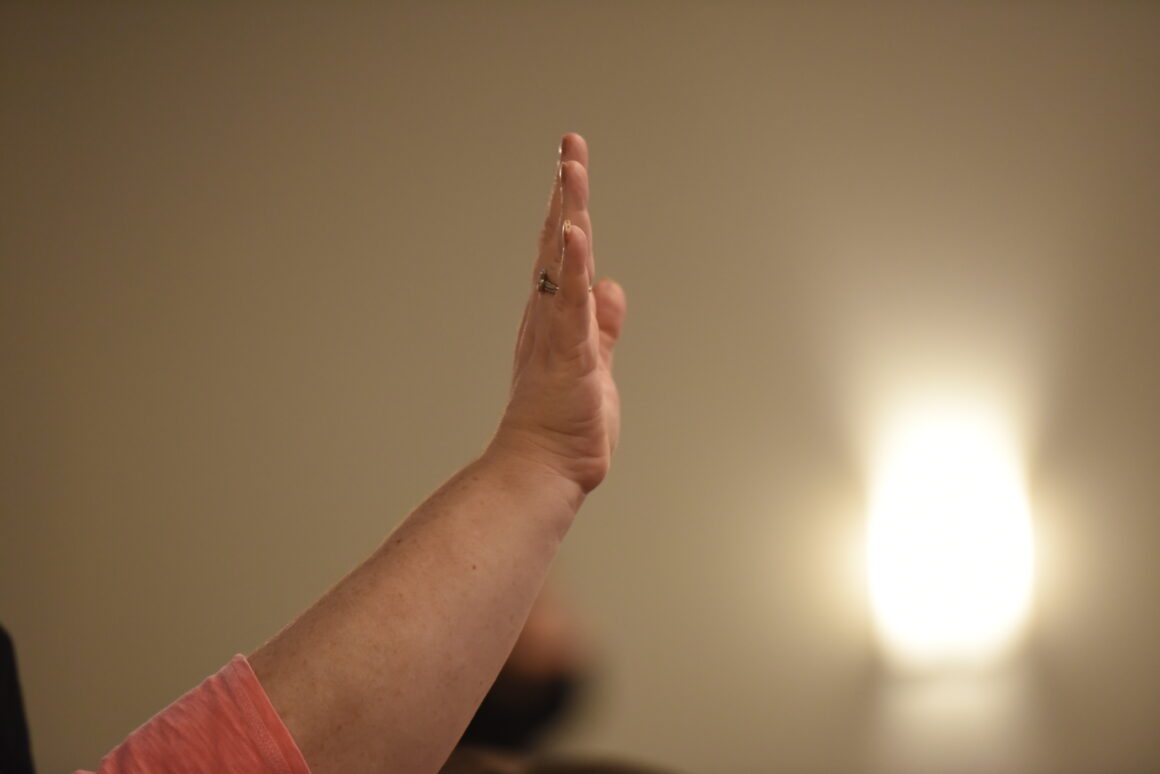In this passage, the sixth and final phase of Jesus’ trial is nearing its conclusion. We’ve been talking about this for weeks, but I don’t think that it’s right to run into the next passage without remembering or even repeating the last passage. Thus far, Jesus has been betrayed by a friend, arrested by a mob of soldiers and officers, question by someone who did not actually have authority to question him, struck in the face by an officer that held himself above the law, moved to the home of the high priest where he had to listen to the lies of false witnesses, was unjustly convicted and condemned by the Sanhedrin, which was the ruling body of Israel that consisted of 70 priests and scribes. From there, Jesus was spat on, mocked and beaten in his face. The Sanhedrin took Jesus to Pilate, the Roman governor, because even though they had condemned him for blasphemy, Israel was under Roman rule so they had no authority to enforce capital punishment. Which makes this thing even more of a ruse because they didn’t have the power to kill him and yet they put him on trial for his life. Pilate questioned Jesus, he found no fault in him and he did not know what to do with him. See, Pilate’s job was to uphold the law. It was to legislate and lead, but as with all politics and most politicians, he could only keep his job if he kept the people happy. So we find in our passage tonight Pilate wavering between his conscience and his constituency…
In this week’s sermon, Pastor Abie Kulynych talks about three specific people or groups of people in our text, Pilate, the religious leaders and Jesus. He prays that we will see what each of them was walking in at that time so that we might better see what we’re walking in right now in our time. Are we choosing the indecision of Pilate, the disobedience of the religious leaders or are we walking in the belief, in the faith of Jesus?


